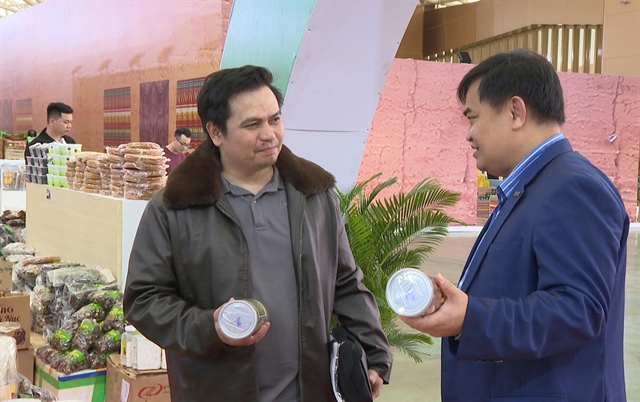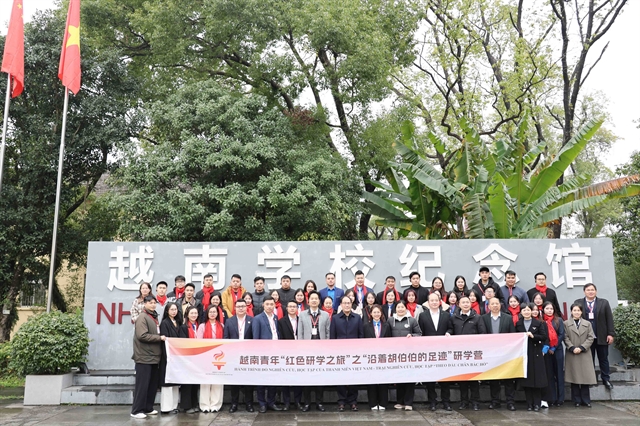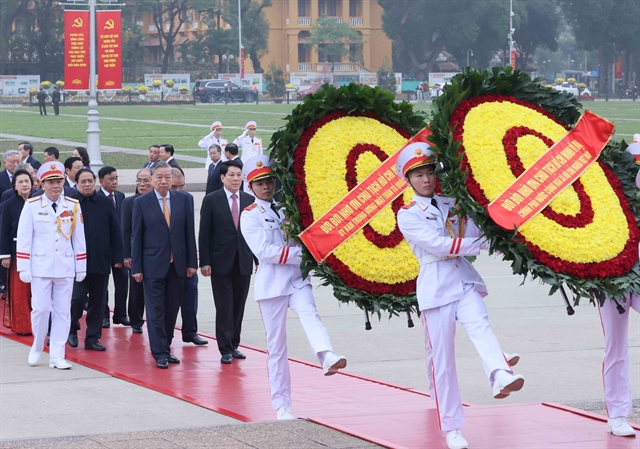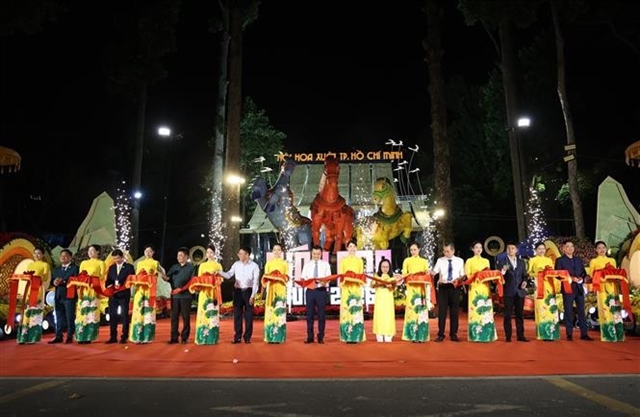 Life & Style
Life & Style
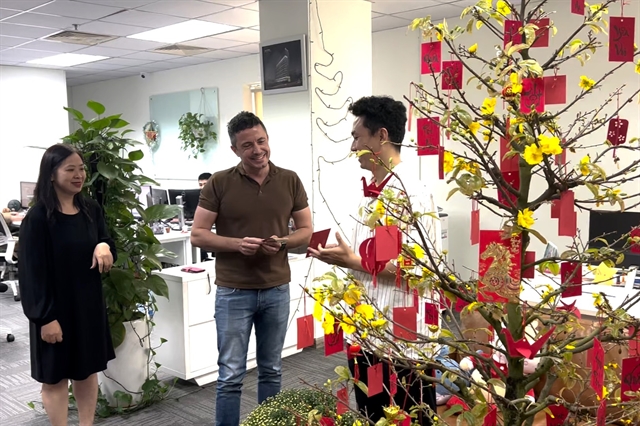
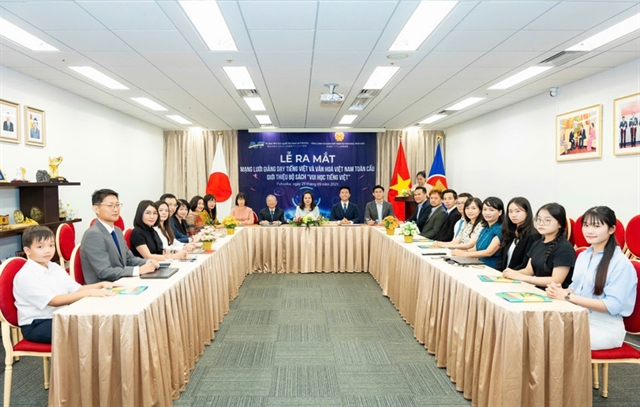
|
| The launch of the global network for Vietnamese language and cultural teaching in Fukuoka prefecture, Japan, on September 29.— VNA/VNS Photo |
TOKYO — A global network for Vietnamese language and cultural teaching was launched in Fukuoka prefecture, Japan, on September 29 in the face of a growing need for upholding the traditional culture among the over 6 million overseas Vietnamese across over 130 countries and territories.
Initiated by Việt Nam's Consulate General in Fukuoka, the network aims to create a common platform for teachers, students, their parents, and those interested in Vietnamese language education worldwide.
Nguyễn Duy Anh, head of the Vietnamese People Association in Fukuoka and General Secretary of the network, said it seeks to preserve and develop the mother tongue, connect overseas Vietnamese communities around the world, and promote Việt Nam's image as a modern and friendly country rich in traditions.
He noted that the network will operate with a coordinating board, an advisory board, specialised committees, and national focal points. In the digital sphere, it is designed as a “borderless” model with online classes, an electronic learning material hub, international seminars, and teacher connections across continents.
Speaking at the event, Vietnamese Consul General in Fukuoka Vũ Chi Mai stressed that the Consulate General will continue to serve as a bridge between authorities and the community, support teacher training, promote the application of digital technology to education, and popularise the network’s image.
Joining the event online, Vietnamese Consul General in Thailand’s Khon Kaen Đinh Hoàng Linh highlighted the long-standing efforts of the Vietnamese community there to maintain their mother tongue through community classes, families, and associations. He said the network offers a valuable chance for teachers to share experiences, adopt modern methods, and strengthen bonds with the homeland.
Ngô Thu Hương, head of the Vietnamese culture and language office at the State Committee for Overseas Vietnamese under the Ministry of Foreign Affairs, described the language preservation as a central mission linked to the national solidarity enhancement. Stressing that the network is a timely initiative, meeting the expatriates’ needs and aligning with the State’s orientation, she pledged continued support for the network's sustainable growth to contribute to the upholding of Việt Nam's cultural identity.
Đặng Thanh Phương, deputy head of the Vietnam Fatherland Front Central Committee’s department for people-to-people diplomacy, also stressed the front's committment to accompanying the network’s activities so that the Vietnamese language and culture remain deeply rooted in younger generations of overseas Vietnamese.
A highlight of the event was the debut of the book series Vui Học Tiếng Việt (Having fun learning Vietnamese) compiled by Prof. Dr. Nguyễn Minh Thuyết and colleagues. The series is praised as a valuable and engaging resource for overseas Vietnamese children.
On this occasion, the network signed a cooperation agreement with the Posts and Telecommunications Institute of Technology (PTIT) to collaborate in research, teacher training, and the transfer of online teaching technologies.
In the time to come, it plans to develop a map of Vietnamese classes worldwide to serve as a basis for making support policies, hold international workshops and seminars connecting lecturers and experts, and enhance cooperation with universities and research institutes at home and abroad to promote the teaching and learning of Vietnamese. — VNA/VNS

